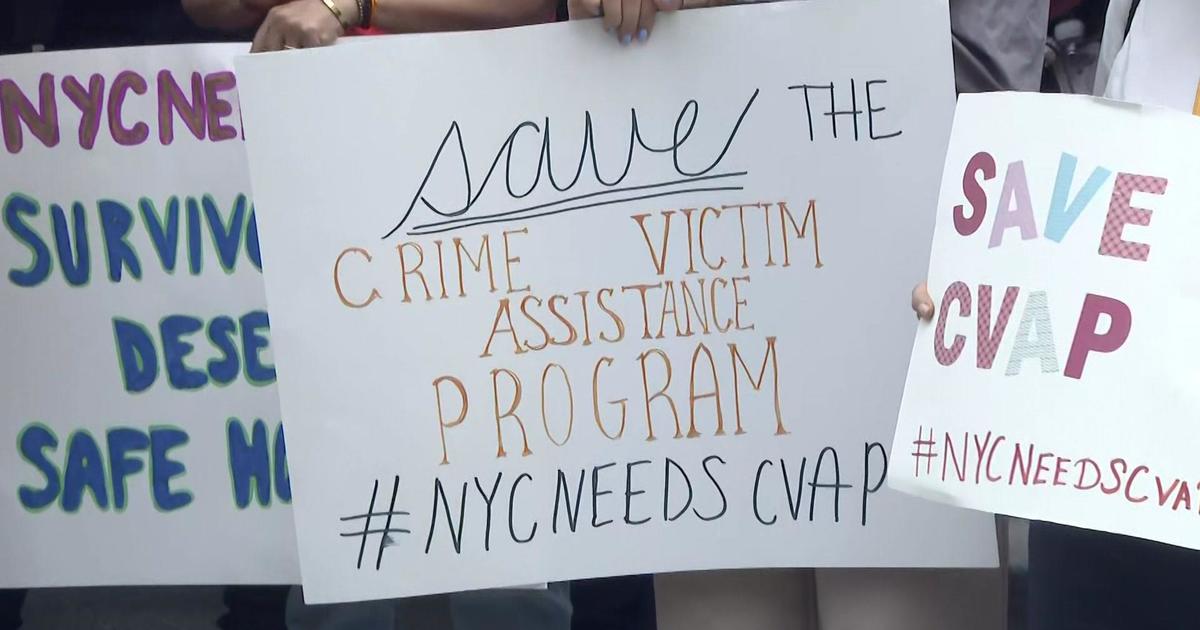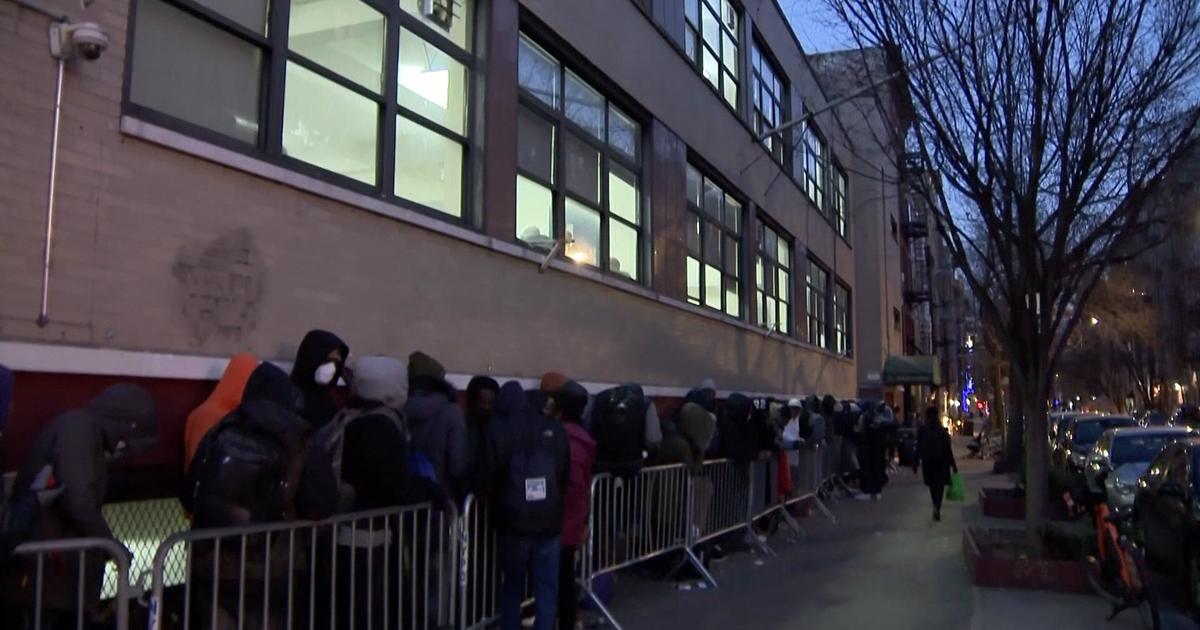New law requires some New York City chain restaurants to warn customers about added sugars
NEW YORK -- Some restaurants in New York City will now have to warn consumers about the added sugars in their food and drinks.
If you have a sweet tooth, you'll soon learn the sweet truth behind your food and drinks.
"It sort of makes you, like, double-think, 'Do I really want this?'" one New Yorker said.
It sure could -- or not.
The Sweet Truth Act was signed into law Friday by Mayor Eric Adams, requiring chain restaurants with 15 or more locations overall to put "added sugar" labels on their food and drinks if they exceed the FDA's recommended amounts.
Doctors say excessive sugar intake is linked to obesity, diabetes and heart disease.
"It's through shifts in our food environment that we are going to empower New Yorkers to make healthier choices," New York City Health Commissioner Dr. Ashwin Vasan said. "Most chronic metabolic, cardiometabolic, diseases are about your dinner, not your DNA."
"It just gives you options and education because I can still have my favorite Frappuccino, I just have to be mindful about how many times I drink it," said Councilmember Lynn Schulman, chair of the health committee.
Starbucks shows a 16-ounce coffee Frappuccino has 45 grams of sugar in it alone.
Dr. Caroline Messer, an endocrinologist with Northwell Lenox Hill, says 45 grams of sugar is what you should have per day.
"Forty-five grams a day is perfect because a lot of us are walking around with pre-diabetes without realizing it," she said. "Patients just do not realize how much sugar they're getting in their foods, especially at these chain restaurants."
Most New Yorkers we spoke with, some with fast food in hand, agreed with the move towards transparency.
"Having that option is definitely good for people," one person said.
"By knowing how much sugar is in something, it might turn someone away from buying it, so I think it's a good thing for our health," Upper East Side resident Sam Schatzberg said.
But most, not all, agreed.
"I'd rather not know," one New Yorker said.
If businesses don't comply by next December, they could face $200-500 fines.



